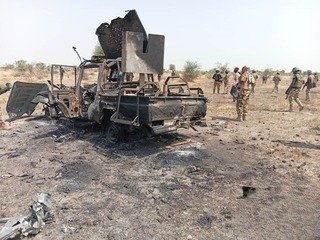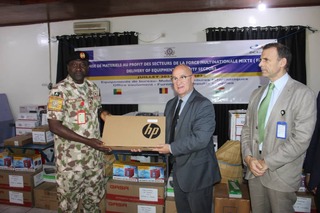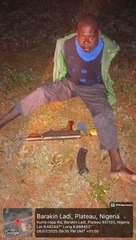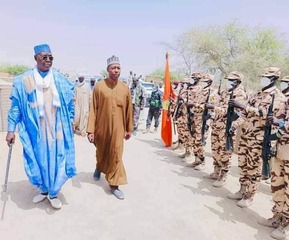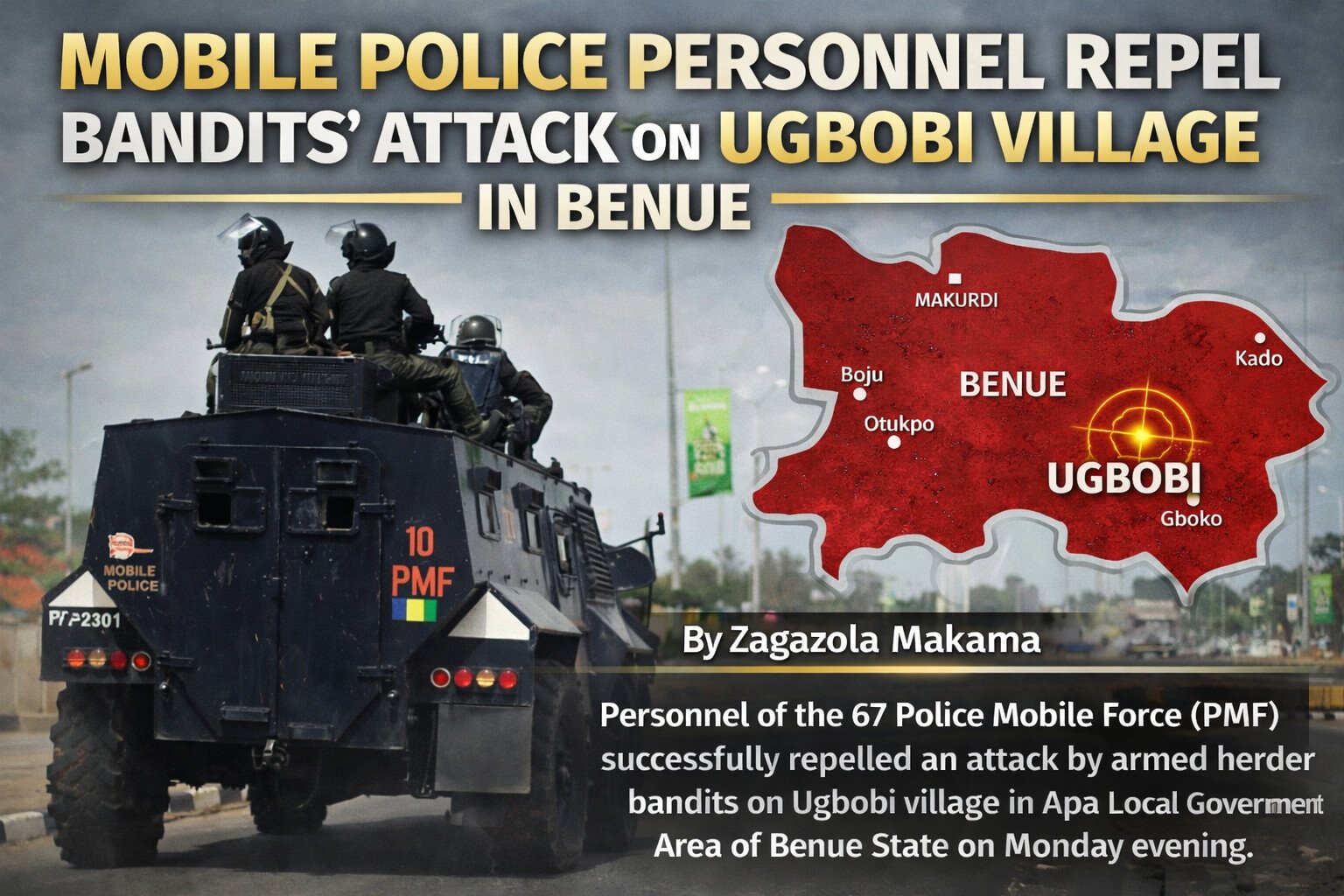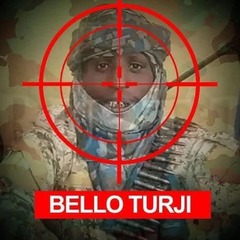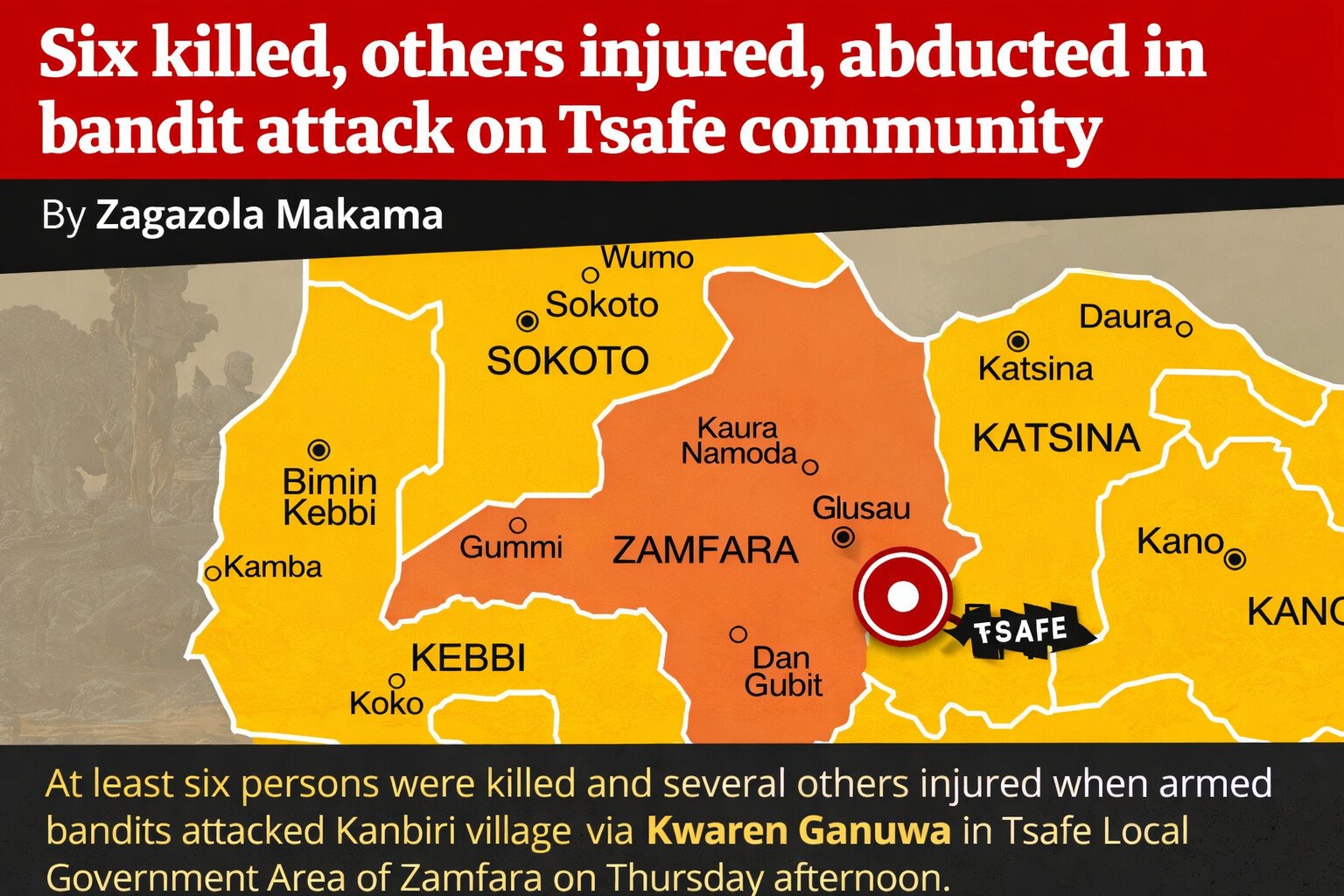Feature: CDS Musa honours Irabor, outlines blueprint for Nigeria’s security renewal
By: Zagazola Makama
When Nigeria’s Chief of Defence Staff, Gen. Christopher Musa, mounted the podium at the public presentation of Gen. Lucky Irabor’s book “Scars: Nigeria’s Journey and the Boko Haram Conundrum”, his message was both reflective and forward-looking.
Part tribute, part blueprint, Musa’s address honoured Irabor’s legacy while also challenging Nigeria to rethink its approach to national security in a time of complex threats.
The occasion was not just the launch of a book. It also marked the 60th birthday of Gen. Lucky Irabor (rtd.), the immediate past Chief of Defence Staff, whose name, Musa said, “resonates with courage, discipline, intellect, and integrity.”
Describing him as a “soldier’s soldier” and “icon of the Armed Forces of Nigeria,” Musa recalled Irabor’s indelible footprints across military history, particularly in the fight against insurgency and terrorism. “I stand here today not only as his successor, but also as one who has benefited immensely from his mentorship and inspiring leadership,” Musa said.
Irabor’s memoir, he added, is not just a personal reflection but “a national reference document” that honestly captures the challenges of insurgency and offers lessons for the future.
Moving from tribute to strategy, Musa underscored a central theme: that Nigeria cannot defeat terrorism through military force alone.
“From my experience, the military solution is just about 45 to 50 per cent of the solution,” he said. “The rest requires a whole-of-society approach. As long as we don’t look at ourselves as Nigerians, as brothers and sisters, this will continue.”
According to him, Boko Haram and related threats thrive not only on violence but also on ideology, poverty, unemployment, and social dislocation.
“The enemy is within. It could be your brother, your father, your mother. Because you are dealing with ideology, it is not written on your forehead; it is written in your mind. We must therefore find solutions to the mindset of the people,” he warned.
Musa stressed that Nigeria’s security architecture must be rebuilt from the foundation of society the family.
“The failure of the family environment is also affecting the security of the country as we speak today. National security must start with the family, because it is the unit of every community,” he said.
He called for a sustained national orientation strategy with emphasis on education, values reorientation, and community engagement. He recalled how, while serving in Maiduguri, a whole-of-community approach turned residents into active partners in security.
“If you are a marketer, if you are working at a motor park, if you are a church leader, you have a role to play. And working together, we were able to succeed,” he said.
The CDS also highlighted the need to strengthen Nigeria’s institutions especially the judiciary to deliver timely justice and deter crime.
On technology, he said modern surveillance, intelligence, and border management tools must be prioritised to secure Nigeria’s vast borders, which stretch more than 4,000 kilometres, including 1,500 km with Niger Republic.
“Our borders are porous, and that remains one of our biggest challenges. Integrating technology will enhance surveillance and response,” he said.
Musa also emphasised the importance of regional and international cooperation. He cited the Multinational Joint Task Force (MNJTF) as a successful model of collaboration, stressing that Africans must “take ownership” of their security without waiting for external saviours.
The CDS concluded his remarks by identifying the root drivers of insecurity poverty, unemployment, and lack of education as urgent national priorities.
“We must ensure that citizens do not feel voiceless, helpless, or marginalised. By working together with government agencies, civil society, and international partners, we can build a safer and more prosperous future,” Musa said.








